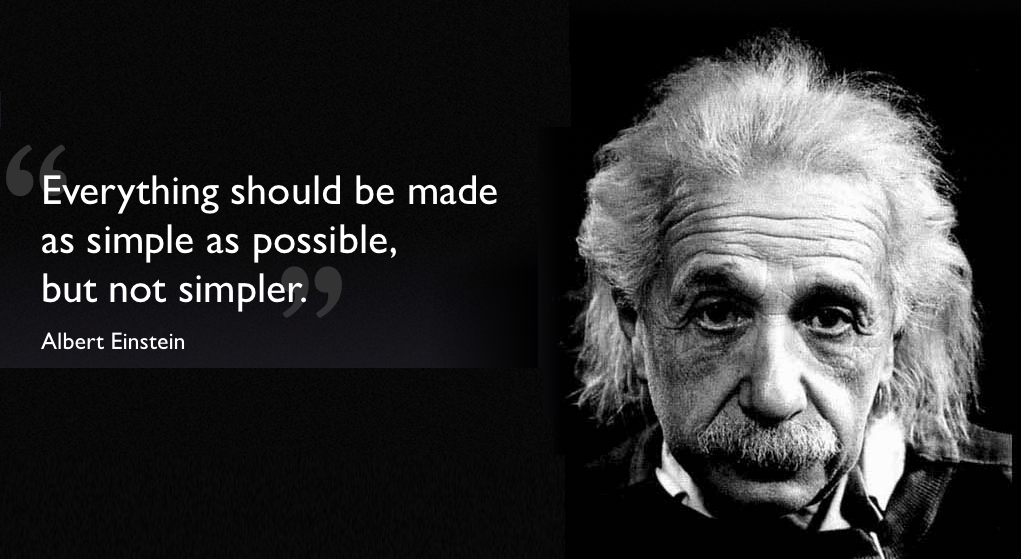If you’ve not been following the Reddit drama over the last month or so, you might want to start.
It’s becoming a great case study in how modern communities function (or some would say sustain dysfunction), and it has direct application to the real estate industry.
Why? Most real estate offices operate more like communities than traditional sales organizations.
As independent contractors, the agents resemble a loosely-connected community of micro business owners. Agents are getting paid (unlike Reddit community members), but they can easily move between brokers and get paid a similar amount. The reason they stay has much to do with what they perceive they are receiving from the community.
In this framework, you (the broker/real estate office) are Reddit.
If you do a good job as a community organizer, there are many wonderful benefits that come your way. If you do a poor job as a community organizer, you may find your office is burning down due to forces in your community that are difficult to understand and control.












